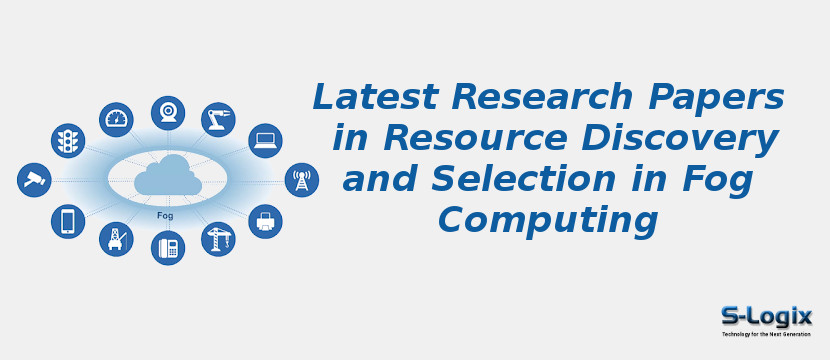Resource discovery and selection in fog computing is a critical research area that focuses on identifying, evaluating, and selecting appropriate fog nodes and services to optimally execute tasks while meeting latency, energy, and Quality of Service (QoS) requirements. Research papers in this domain explore mechanisms for dynamic discovery of heterogeneous and geographically distributed fog resources, considering factors such as node capability, network conditions, workload, mobility, and application-specific constraints. Studies highlight heuristic algorithms, optimization models, multi-criteria decision-making approaches, and machine learning techniques for intelligent and context-aware resource selection. Recent works also investigate service-level agreements, resource availability prediction, and multi-tier fog–edge–cloud integration to improve scalability, reliability, and fault tolerance in distributed fog environments. Security- and privacy-aware resource discovery frameworks are increasingly emphasized to ensure trustworthy selection while protecting sensitive data. Applications span autonomous vehicles, smart healthcare, industrial IoT, smart cities, and latency-sensitive multimedia services. Overall, research in resource discovery and selection in fog computing enables adaptive, efficient, and reliable utilization of distributed resources, ensuring high performance, resilience, and service continuity in next-generation fog computing ecosystems.
